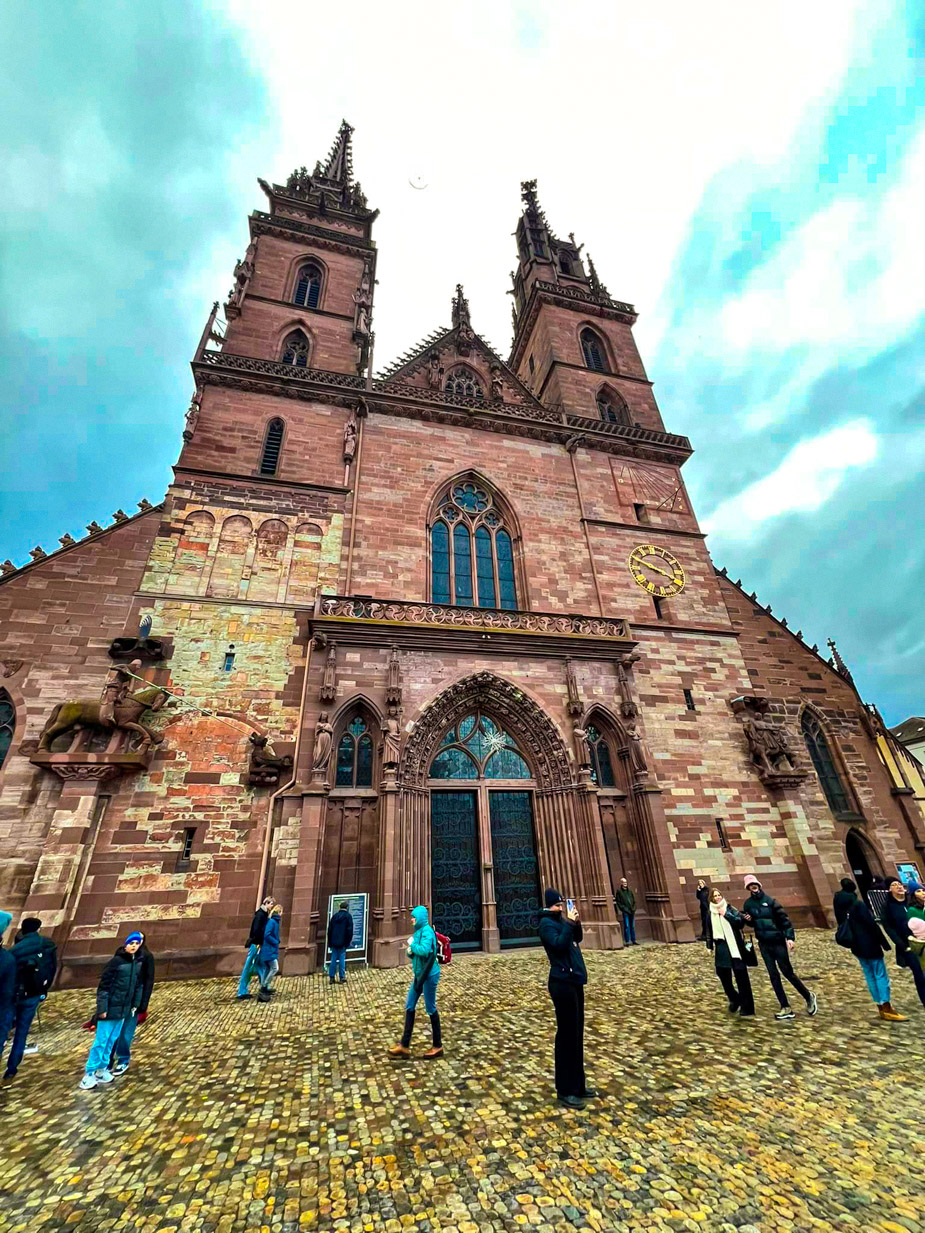

 ©Shannon Gist
©Shannon Gist
Chapter 9:24 (ESV) - Seventy weeks are decreed about your people and your holy city, to finish the transgression, to put an end to sin, and to atone for iniquity, to bring in everlasting righteousness, to seal both vision and prophet, and to anoint a most holy place.
Question to consider: What event would finish transgression, put an end to sin, atone for iniquity, bring in everlasting righteousness, fulfill prophetic visions, and anoint a most holy?
What is translated in the ESV as weeks is more literally translated as sevens. Gabriel’s declaration was referring to seventy Shemitot, the land Sabbaths in which Israel was to refrain from their harvest every seventh year. As I wrote a couple of days ago, the seventy years they had been in exile were explained in 2 Chronicles 30 as being the years of rest that were owed to the land.
Every seventh Shemitot, the Law called for a Jubilee in which all land ownership was returned to its original family and all slaves were set free. As I have mentioned throughout this study, these numbers are both literal and meaningful. The number ten was symbolic of fullness which means that the Jubilee (49th) year multiplied by ten would make it the ultimate Jubilee. They had spent seventy sevens in disobedience and received the fullness of their judgment— exile from the land given to them. Now, Gabriel announced that after seventy more sevens, they would experience the ultimate Jubilee.
In this 490-year time period, the LORD would finish transgressions, put an end to sin, atone for iniquity, and bring in everlasting righteousness by fulfilling the Law and offering Himself as a sacrifice on the cross. He would take our sins upon Himself while giving to us His righteousness. What is translated as “anoint a most holy place” is literally “anoint a most holy” and can refer to a person, place or thing. I would argue that in giving to us His righteousness, He was anointing “a most holy people,” but if you want to see it as a most holy place, consider the most holy place to be the church. As Peter wrote in his first epistle, “As you come to him, a living stone rejected by men but in the sight of God chosen and precious, you yourselves like living stones are being built up as a spiritual house, to be a holy priesthood, to offer spiritual sacrifices acceptable to God through Jesus Christ.” (1 Peter 2:4-5) He followed it up by saying, “But you are a chosen race, a royal priesthood, a holy nation, a people for his own possession, that you may proclaim the excellencies of him who called you out of darkness into his marvelous light. Once you were not a people, but now you are God's people; once you had not received mercy, but now you have received mercy.” (1 Peter 2:9-10)
In doing all of this, Jesus sealed both vision and prophet. Peter also emphasized this idea by saying, “Concerning this salvation, the prophets who prophesied about the grace that was to be yours searched and inquired carefully, inquiring what person or time the Spirit of Christ in them was indicating when he predicted the sufferings of Christ and the subsequent glories. It was revealed to them that they were serving not themselves but you, in the things that have now been announced to you through those who preached the good news to you by the Holy Spirit sent from heaven, things into which angels long to look.” (1 Peter 1:9-12)
Dear heavenly Father, thank You for giving this promise to us through the angel Gabriel to Your faithful prophet Daniel. May all who read this recognize its fulfillment in Christ and be like Peter who spent his days proclaiming Jesus risen from the dead for the forgiveness of sins. Amen.